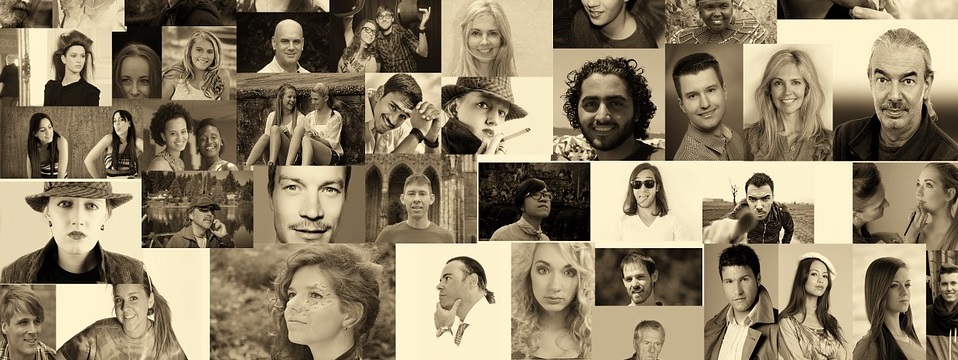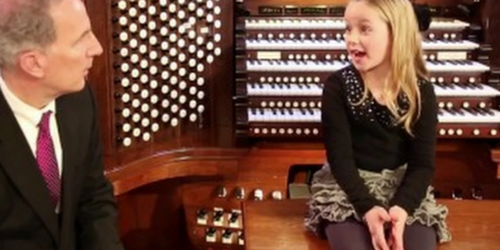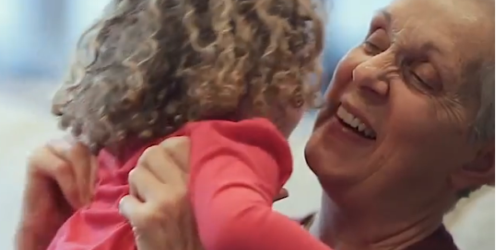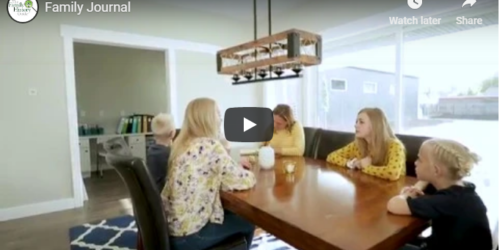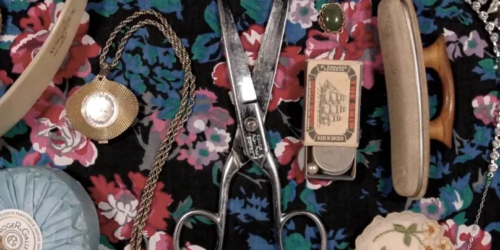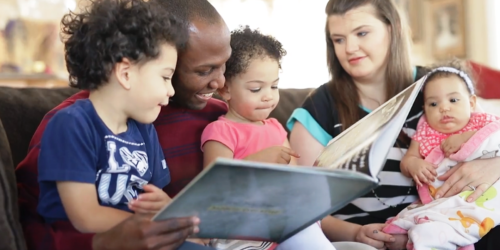Don’t Forget the Aunts and Uncles
Note: This article by Dave Castleton appeared previously in the Granite Family History Center blog site.
A few years ago I wrote a history of my father. He died quite young, and my children and grandchildren did not get to know him. I wanted to help them learn about his life and experiences. As I began writing, I realized I did not know much about my father. As part of my research, I questioned close family members as well as others who knew him. I learned quickly that memories fade over time and specific details about events and circumstances are often hard to find if not timely recorded.
help them learn about his life and experiences. As I began writing, I realized I did not know much about my father. As part of my research, I questioned close family members as well as others who knew him. I learned quickly that memories fade over time and specific details about events and circumstances are often hard to find if not timely recorded.
Following completion of my father’s history, I gave a copy to my father’s only living siblings. After reading the history, they shared with me many more details about my father’s life. They also shared with me their own personal histories. As I read my uncle’s personal history and spent time with my aunt, I learned so much about my father’s early life and his relationship with his siblings and parents. For example, I learned about his many full and part time jobs starting at an early age, including mowing lawns, grounds keeping at the Salt Lake Cemetery, and caddying at the Salt Lake Country Club. I discovered that he ran the 440-yard dash in high school and was involved in many extracurricular activities. I even learned about some of his dating experiences.
My uncle’s autobiography describes a couple of games he played with my dad as a youth—kick the can, and auntie-eye-over. I was so excited since those two games were ones I played in my youth. I don’t ever remember playing them with my dad, but he must have been the one that originally taught me how to play them. Another enlightening discovery gleaned from my uncle’s history was that my grandmother always told my dad and his siblings that they had to eat everything on their plate. She encouraged them to be grateful and judicious with their food because of the starving children throughout the world. My dad taught this same principle in our home growing up and I embraced it too! How exciting it was for me to learn where so much of who I am started generations ago.
Although interviews are a great way to learn about family, you usually only get an answer to the question you are asking. I have found that by reading other’s histories, you learn answers to questions you never even thought to ask. There is also a special spirit I feel as I read these histories. It has been said that to really understand someone you need to walk a mile or two in their shoes. Reading someone’s personal history gives you greater insight and appreciation for them. It also can give you a better understanding of yourself.
FamilySearch makes it possible for us to benefit from the histories of many of our relatives. Every week new pictures, stories and memories are added to my family tree by others sharing their stories and experiences. As I read them, I understand my family better and I grow closer to them. I realize now how important it is for me to preserve memories of those both living and deceased. In doing so I can contribute to the building of family relationships.
- Dave Castleton, Director, Granite Family History Center
